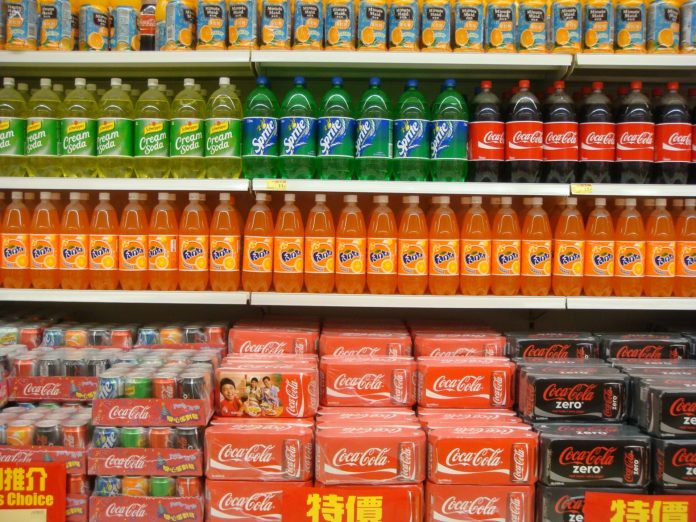If evidence was still needed that sugar containing beverages – including possibly that “healthy” fruit juice of yours – could be the reason behind your expanding waistline. And why governments like that of India where 22 percent women are obese, need to move on taxing such products along the same lines as tobacco and alcohol.
A new review of 30 new studies published between 2013 and 2015 (and none of them industry sponsored) concludes that consumption of sugar sweetened beverages(SSB) is associated with obesity. The review published in Obesity Facts, the journal of the European Association for the Study of Obesity (EASO) was written by a team of authors including lead author Dr Maria Luger, Special Institute for Preventive Cardiology And Nutrition SIPCAN, Salzburg, Austria.
According to EASO President Elect Dr Nathalie Farpour-Lambert (University Hospitals of Geneva, Switzerland) who is also a co-author of the study: “The evidence base linking SSBs with obesity and overweight in children and adults has grown substantially in the past 3 years. We were able to include 30 new studies not sponsored by the industry in this review, an average of 10 per year. This compares with a previous review that included 32 studies across the period 1990-2012.”
Consumption of sugar sweetened beverages(SSB) is associated with obesity
She added: “This new, more recent evidence suggests that SSB consumption is positively associated with obesity in children. By combining the already published evidence with this new research, we conclude something that in many ways should already be obvious: public health policies should aim to reduce the consumption of SSBs and encourage healthy alternatives such as water. Yet to date, actions to reduce SSB consumption in many countries are limited or non-existent.”

A total of 244,651 study participants were included in the review. Of the studies included, 33% were done in Europe, 23% in the US, 17% in Middle or South America, 10% in Australia, 7% in South Africa, and the remaining 10% in Iran, Thailand and Japan.
Although the authors acknowledge it is near impossible to conclude with absolute certainty a direct cause-and-effect relationship between SSB consumption and overweight and obesity, Dr Farpour-Lambert says: “Associations between SSBs and body weight measures might be affected by other diet and lifestyle factors, but the majority of the prospective cohort studies adjusted for these possible confounding factors including several nutrition and lifestyle factors, and for all, except for one study, a positive association between SSB consumption and overweight/obesity was found. This suggests an independent effect of SSBs.”
A report from Euromonitor International indicates that to date, 19 countries have so far introduced taxes on food and drinks and that more aim to do so in the near future with the target of reducing sugar consumption by 20% in accordance with the WHO guidelines. UK is about to introduce a sugar tax, beginning in April 2018.


